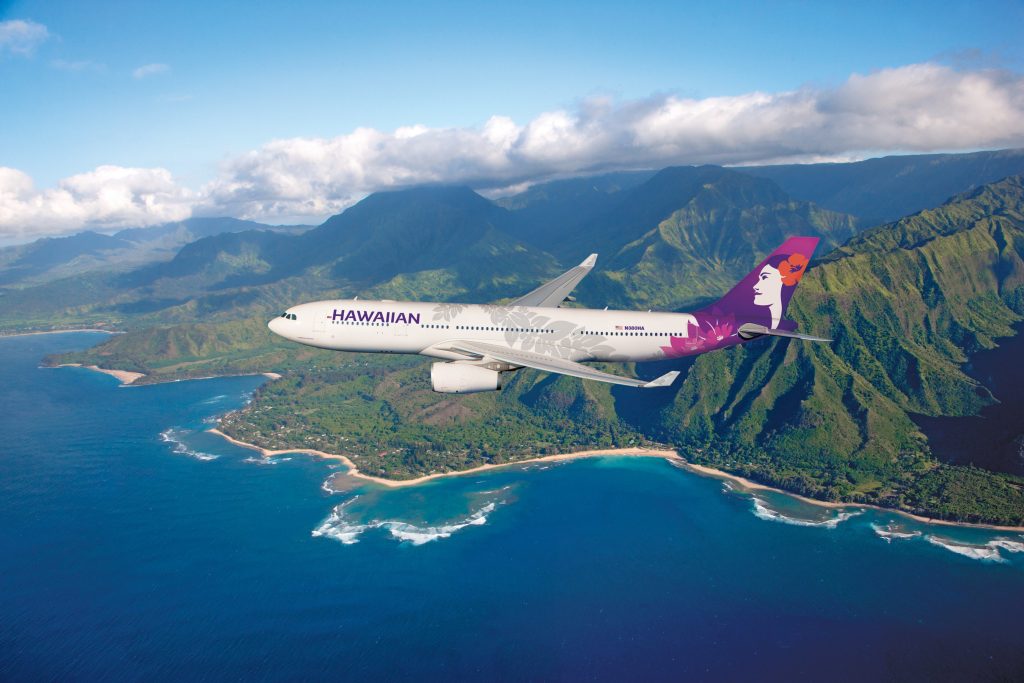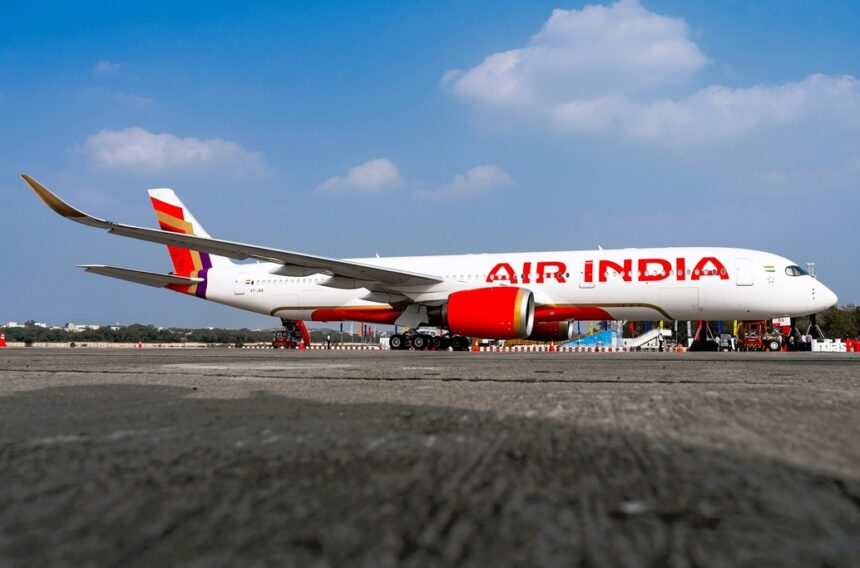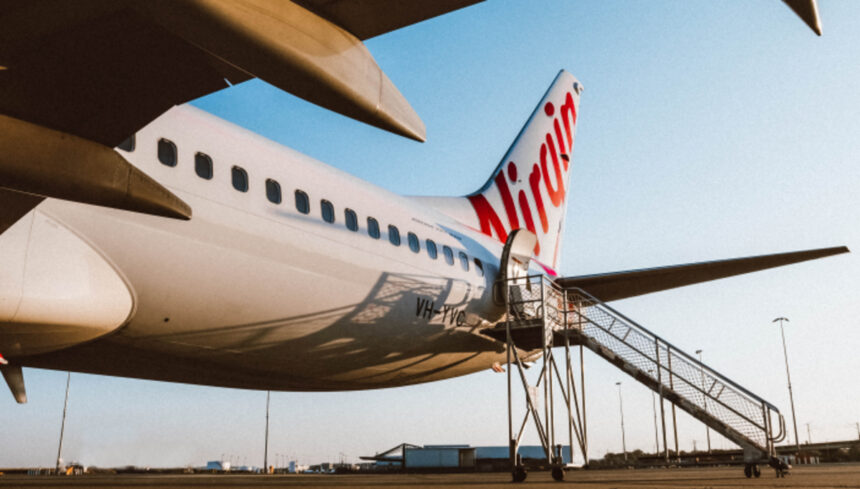Hawaiian Airlines has reached an agreement with biofuel company Gevo, Inc. to purchase 50 million gallons of sustainable aviation fuel (SAF) over five years.
Gevo expects to supply the SAF from a facility to be constructed in the Midwestern United States and begin deliveries to Hawaiian’s gateway cities in California starting in 2029.
“This offtake agreement gets us one step closer to achieving our goal of net-zero carbon emissions by 2050,” said Peter Ingram, Hawaiian’s president and CEO.
“We intend to continue to invest in SAF, which will be pivotal in reducing our impact on the environment.”
“Gevo is pleased to welcome Hawaiian Airlines to our customer family of airlines that are working hard to achieve their net zero goals,” said Gevo CEO Dr. Patrick Gruber.
“By counting all of the carbon, analyzed using Argonne’s GREET (Greenhouse Gases, Regulated Emissions, and Energy Use in Transportation) method, we are working to help airlines realize these goals.”
Argonne National Laboratory’s GREET model measures the greenhouse gas life cycle impacts of fuels, from feedstock to production through combustion.
The move towards SAF for aviation
Sustainable aviation fuel (SAF) has the potential to significantly reduce the aviation industry’s greenhouse gas emissions and help mitigate the effects of climate change.
SAF is a renewable alternative to traditional jet fuel, made from sustainable sources such as biofuels, waste oils, or renewable electricity.
SAF has been shown to have significant environmental benefits compared to conventional jet fuel. According to the International Air Transport Association (IATA), SAF can reduce carbon emissions by up to 80% over its lifecycle compared to traditional jet fuel.
[monsterinsights_popular_posts_inline]
However, the adoption and widespread use of SAF faces several challenges, including high production costs, limited availability, and regulatory barriers.
Additionally, the aviation industry must develop a robust supply chain for sustainable feedstocks to produce SAF at scale.
Despite these challenges, the aviation industry has made significant strides in the development and adoption of SAF.
Many airlines and airports have committed to using SAF to reduce their carbon footprint, and governments around the world are investing in SAF production and research.
Gevo SAF production
Gevo will produce SAF using residual starch from inedible field corn, grown using regenerative farming practices.
The production process also will utilize renewable electricity and renewable natural gas, resulting in low-carbon fuels with substantially reduced carbon intensity (the level of greenhouse gas emissions compared to standard petroleum fossil-based fuels across their life cycle).
Gevo’s process is designed to maximize value and minimize waste by using the same acre of farmland to produce both animal feed and renewable fuels while sequestering atmospheric carbon through photosynthesis.
The fuel sales agreement is subject to certain conditions precedent, including Gevo developing, financing, and constructing the facility to produce the SAF contemplated by the agreement.
Hawaiian Airlines
Now in its 94th year of continuous service, Hawaiian is Hawaiʻi’s biggest and longest-serving airline.
Hawaiian offers approximately 130 daily flights within the Hawaiian Islands, daily nonstop flights between Hawaiʻi and 15 U.S. gateway cities – more than any other airline – as well as service connecting Honolulu and American Samoa, Australia, Japan, New Zealand, South Korea and Tahiti.
Hawaiian has launched several sustainability initiatives in recent years including a partnership with Par Hawaii, the state’s largest provider of energy products, to study the commercial viability of producing SAF in Hawaiʻi.









